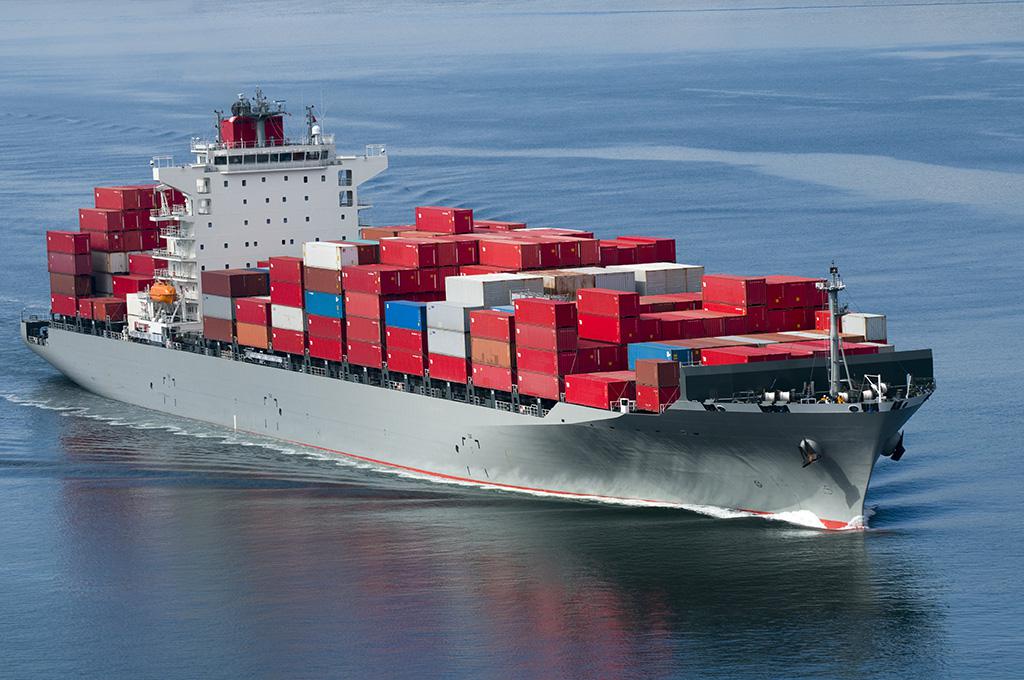Six members of the World Trade Organization (WTO) proposed to remove consularization, as part of the facilitation of international trade.
In international law, consularization (legalize at the consulate) is the act of authenticating any legal document by the Consul.
International trade shipments often require consular invoices and other documents that need to be consularized include travel documents (for example, a parental consent letter for minors under 18 traveling without a parent), letters of credit, and powers of attorney.
The proposal was presented by Brazil, Costa Rica, the United States, Norway, Switzerland and the European Union.
In this regard, these countries and the community bloc argue that WTO Members must use the instruments made available to them in Article 10.1 of the Trade Facilitation Agreement to examine their trade requirements and minimize unnecessary and costly formalities, including them, the consularization requirements.
In some countries, the competent authorities require that all the documentation that an exporter presents and that is sent to the importer in order to be able to remove the merchandise, must be legalized by the consulate of the importing country (the consulate is located in the country of the exporter). .
In general, the proposal adds, national trade facilitation committees can pay attention to the private sector as a critical and important first step in identifying unnecessary obstacles.
WTO
The private sector and Members have considered consularization requirements to be one of those obstacles because they do not facilitate legitimate customs processes.
«Therefore, in this time of global economic crisis, we call on Members to eliminate consularization requirements to fulfill the commitment they have made under Article 10.1 of the TFA to reduce and eliminate unnecessary and costly formalities,» say the six WTO Members.
On the other hand, when permitted by the laws and regulations in force in each Member, according to the resources available in their respective customs administrations, and on the basis of bilateral agreements, Brazil encouraged WTO Members that already have agreements international entities with this type of provision to consider the possibility of applying bilateral mechanisms for the advance electronic transmission of data of their export declarations and the automatic and periodic exchange of data on their imports and exports for risk management purposes.
Although there are no multilateral agreements in this regard, Brazil encouraged other Members to try to enter into this type of bilateral agreement.
![]()

